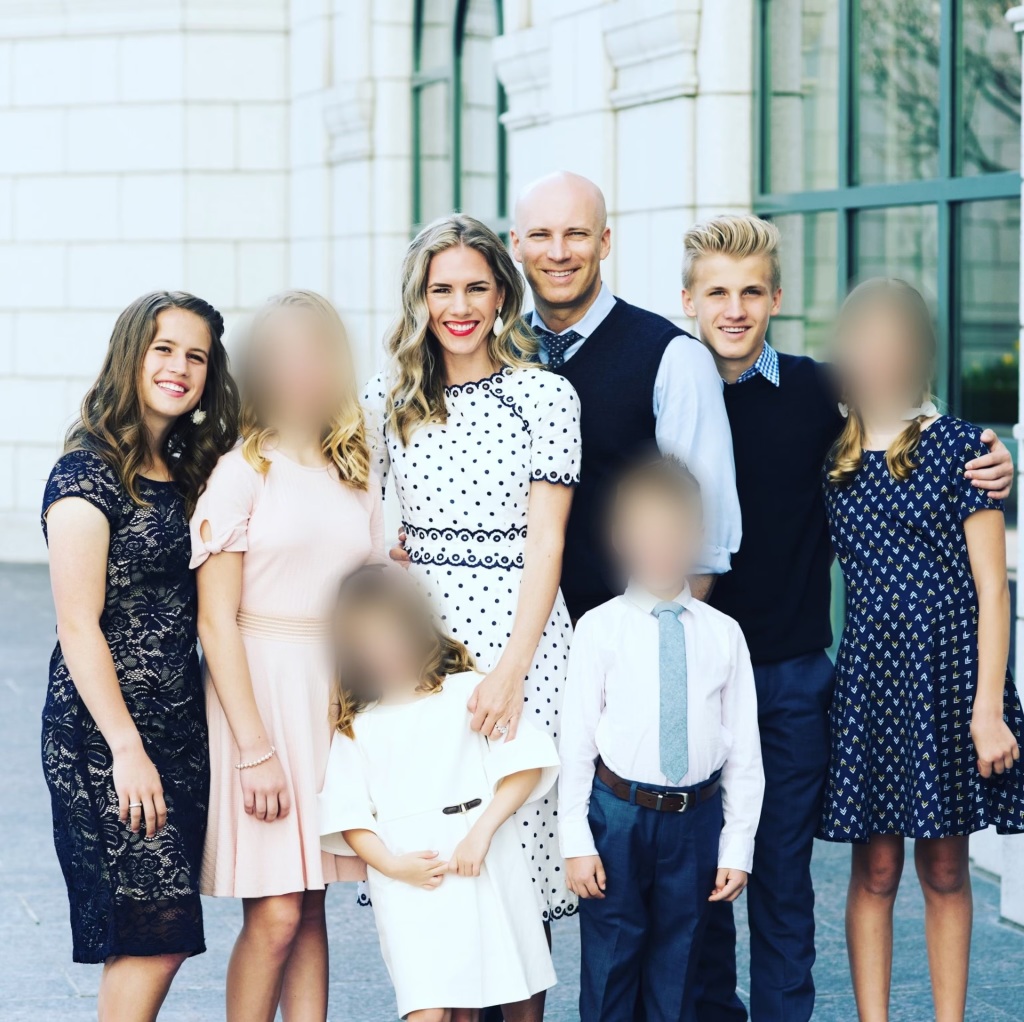By Kaya Bruno
In recent months, teenagers have been more inclined to share their political opinions especially concerning the presidential election race of 2020. This has to do with how they’re prompted to have a greater political focus and acknowledgment as a result of recent endeavors by the Trump administration and the widespread Black Lives Matter Movement.
One question that generally faces teens, often in political conversation, is “Why do you even care about politics?” Or the question “Why do you have an opinion about politics if you can’t vote?” A common misconception in adults is that all teenagers under the age of 18 either aren’t impacted by elections or have no interest in politics. However, with the reign of the Trump administration, teenagers have been almost forced to be more politically active and aware as the administration moved closer to infringing on policies regarding human rights and marginalized groups. Trump’s “zero tolerance” policy announced in May of 2018 criminalized anyone crossing the US Southern border and left thousands of children in inhumane conditions. Even after an end to this policy was called, families continued to be torn apart and it is estimated that over 4,000 children had been separated from their parents or guardians from 2017 to January 2020 (Vinson 2020). Trump’s travel ban has also been declared as religious discrimination towards Islam by the US Court as it bans people from six predominantly Muslim countries from traveling to the US (Associated Press 2018). The Trump administration has also enacted and supported legislation that attacks LGBTQ+ rights. In 2017 the Trump administration reversed a rule that explicitly protected against the discrimination of transgender students in public schools. More recently, in June of 2020, the administration attempted to revoke the Affordable Care Act’s nondiscrimination protections which protects LGBTQ+ people from being denied healthcare and health insurance (Burns 2020). These attacks on marginalized groups have pushed teens to be more outspoken about the injustices that occur in politics. Since these policies enacted or revoked by the Trump administration directly affects teenagers, their families, their friends, or just people in general, it makes sense why teenagers would care about what’s happening in the White House as the decisions became less about politics and more about human rights.
Another relevant occurrence that has helped to compel political insights in teenagers is the Black Lives Matter Movement. BLM was founded in 2013 by activists Alicia Garza, Opal Tometi and Patrisse Cullors. The movement’s demands center around concrete legislation and the enforcement of this legislation in order to ensure equity and justice. After the murder of George Floyd in May of 2020, numerous Black Lives Matter protests erupted across the country and across the world. Many protests served as a call to action against police brutality and the accountability of police officers. The protests also addressed the larger dismantling of systemic racism that the United States was built on (Hammer 2020). Teenagers have been at the forefront of some of these protests. Through social media, they’re informed about protests happening near them and are able to spread information and even organize student-led protests themselves. Because so much information is available on social media, teens are easily able to be knowledgeable about the injustices that happen in the world and therefore are likely to feel more passionate about making a difference and being more involved.
This quote by historian Howard Zinn “I don’t believe it’s possible to be neutral. The world is already moving in certain directions, and to be neutral, to be passive, is to collaborate with whatever is going on,” provides reasoning to why so many teens are participating more in political discussion and action. By deciding to not speak out against occurrences in the world, it’s assumed that a person is compliant or approves of what’s happening (Zinn 2004). Teenagers are seeing the importance of speaking out for their beliefs and fighting against the injustices that happen. At the end of the day, it’s the younger generations whose futures are at stake.
Works Cited
Burns, Katelyn. “What a Second Trump Term Could Mean for LGBTQ People.” Vox, Vox, 26 Aug. 2020, http://www.vox.com/policy-and-politics/2020/8/26/21374948/trump-second-term-lgbtq-people.
Hammer, Benjamin. “What Congress Can Do to Implement Black Lives Matter Protesters’ Demands.” Medium, GovTrack Insider, 19 June 2020, govtrackinsider.com/what-congress-can-do-to-implement-black-lives-matter-protesters-demands-96107f5a3b31.
Press, Associated. “Trump’s Travel Ban Is Unconstitutional Religious Discrimination, US Court Rules.” The Guardian, Guardian News and Media, 15 Feb. 2018, www.theguardian.com/us-news/2018/feb/15/trump-travel-ban-unconstitutional-appeals-court-ruling-virginia.
Mueller, Denis, et al. Howard Zinn: You Can’t Be Neutral on a Moving Train, First Run Features, 2011.
Vinson, Liz. “Family Separation Policy Continues Two Years after Trump Administration Claims It Ended.” Southern Poverty Law Center, SPLC, 18 June 2020, http://www.splcenter.org/news/2020/06/18/family-separation-policy-continues-two-years-after-trump-administration-claims-it-ended.



